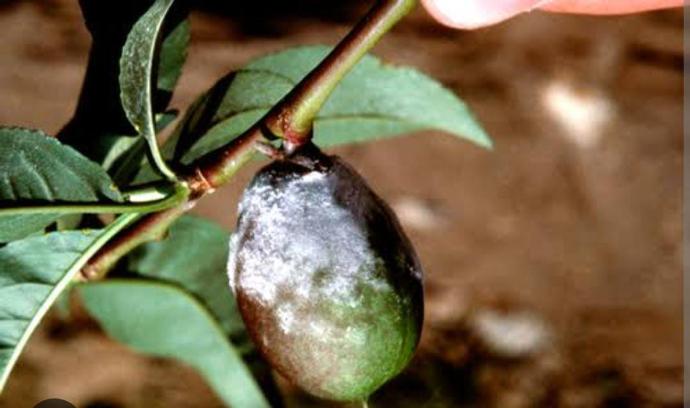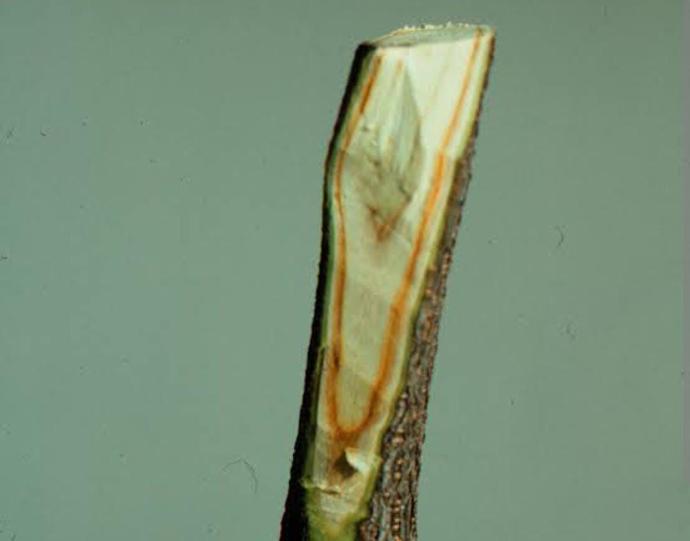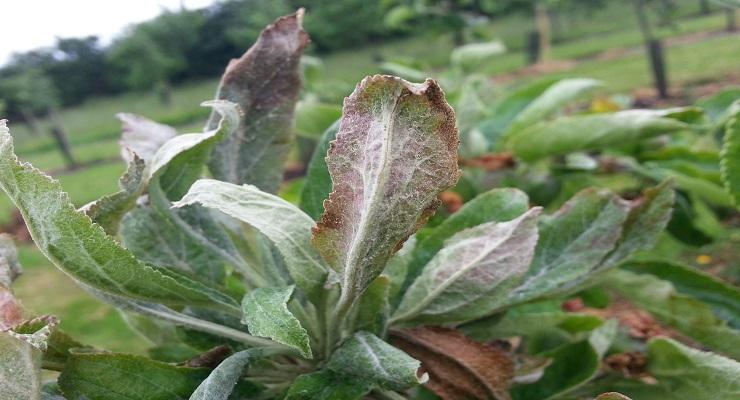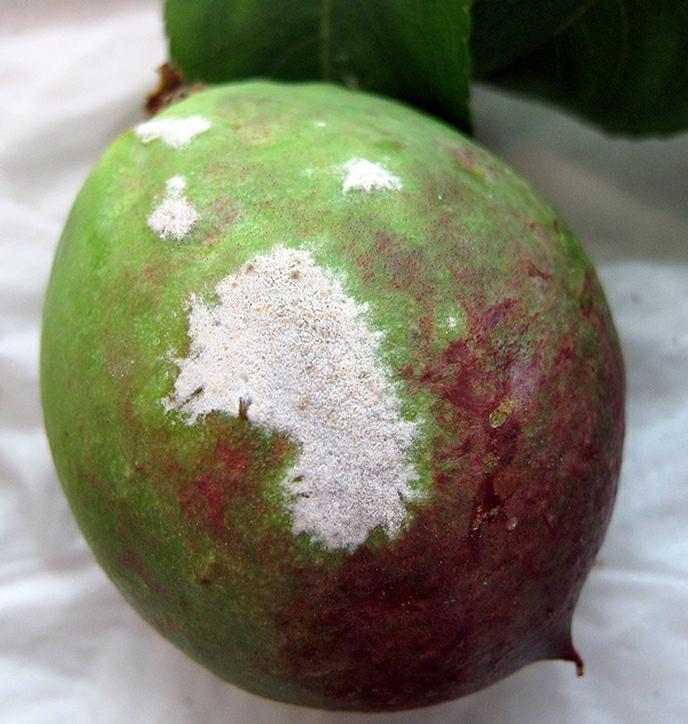Damson Plum
Damson plum trees, 15-25 feet tall in Zones 5-9, prefer well-drained soil and full sun for moderate growth. They produce small and tart damson plums that are used in cooking and preserves.
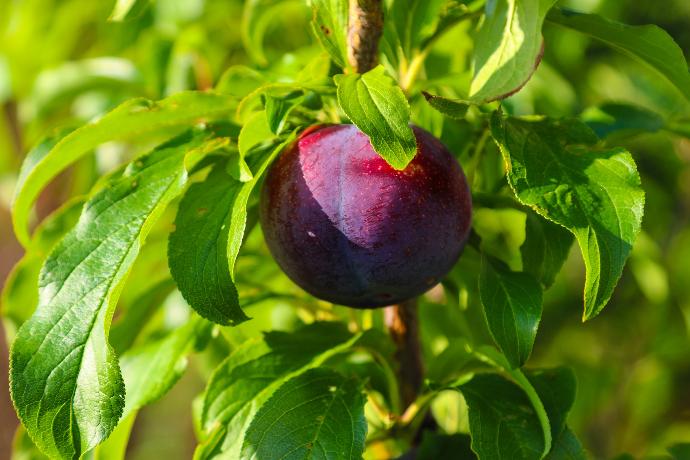
Habit
Tree
Height
3 to 6 m
Growth
Moderate
Soil
Well-drained, loamy
Shade
Full Sun
Moisture
Moderate
Edible
Yes
Medicinal
Yes
Origin
Europe
Climatic Condition
Temperate, cold
Temperature (°)
5 to 25
Humidity (%)
50 to 70
Potting media
Sandy-loam mix
Fertilizers
High phosphorus, potassium
Watering
Moderate watering
Plant Weight
50 to 100 g
Flowering Time
Spring
Soil Ph level
6.0 to 7.5
Water Ph level
6.0 to 7.5
Soil EC
0.5 to 1.2
Yield Per Plant
50 lbs of fruit.
NPK ratio
10:10:10 AM
life Span
15 to 20 years
Health Benefits
High in antioxidants, good for digestion, heart health.
Suggested Grow Media or Potting Mix ?
50% loamy soil, 30% compost, 20% sand
Suggested Fertigation/Fertilizers
Fertilize in early spring with a balanced, slow-release fertilizer.
Common Diseases and Remedies
powdery mildew,verticellium wilt.
grey white spots,curling and yellowing of foilage..
pottasium bicarbonate, prune.
HEALTH BENEFITS
- Rich in Antioxidants: Contains polyphenols that help fight oxidative stress.
- Supports Digestion: High fiber content aids in bowel movements.
- Heart Health: Contains potassium, which supports cardiovascular function.
What Is An Damson Plum Tree?
Plums are small pearl-shaped purple European fruits. The skin has a lot of tannins, and it has a red currant flavor and aromas of herbs and green pepper. Plumaceae is a subspecies of plum. Also known as Damascene, Bandicoot, Sovereign Wood, and Calumpit.

What Are The Different Types Of Damson plum Plants?
1. Farley Plum
A compact culinary plum with white flowers and dark blue fruits. The flesh is harder and drier than regular plums, and does not fall apart completely when cooked.
2. Merryweather Damson
A cross between a damson and a plum. The fruit is round-oval with blue-black flowers and greenish-yellow flesh.
3. Shropshire Plum
A type of plum believed to be a hybrid of the bulllace (wild plum).
4. Blue Plum
A European type of plum that is considered a separate species. This plum variety is self-fertile and does not require a pollinator.

How to care for Damson plum Plants ?
1. Location
Plum trees grow best in warm, sheltered areas with plenty of sunlight.
2. Sunshine
Plum trees grow best in full sun, preferably in a warm, sheltered location facing south.
3. Hydration
Water once a week during the first growing season and thoroughly in dry weather, especially in the first few years.
4. Soil
Plum trees tolerate a variety of soils, but grow best in deep, well-drained loamy soils with a pH just in the neutral range.
5. Nutrition
A 10-10-10 fertilizer is usually recommended for plum trees.

6.Issues
Brown rot: A fungal disease that can cause problems when fruit ripens and during flowering. It is caused by three different fungi: Monilinia fructigena, Monilinia laxa, and Sclerotinia fructigena. Plumpox virus: A virus that affects plums and other fruit trees. Yields are reduced and fruits become deformed, making them less attractive to consumers. PPV is also highly contagious, so infected trees should be removed.
What are the Benefits of Damson plum Plants ?
Plums are a fruit that contains antioxidants. Antioxidants help neutralize free radicals that can damage cells. Plums are also rich in vitamins A, C, and E.

FAQs About Growing Damson plum
1.How do I pollinate?
Damson plum trees are self-pollinating, so you do not need to plant more than one tree to have fruit.
2.How much chill hours does the tree require?
Damson plum trees require 800 chill hours.
3.What is the height of a damson plum tree?
Damson trees grow to a mature height of 18 to 20 feet.
4.When to remove stakes of damson plum?
Remove stakes once the tree has rooted into the soil, which is usually after one season
5.When to prune damson plum trees?
Prune annually to keep the tree in good shape, healthy, and productive. Avoid pruning during the dormant season or in mid- to late autumn. Over-pruning can stunt fruit production.
